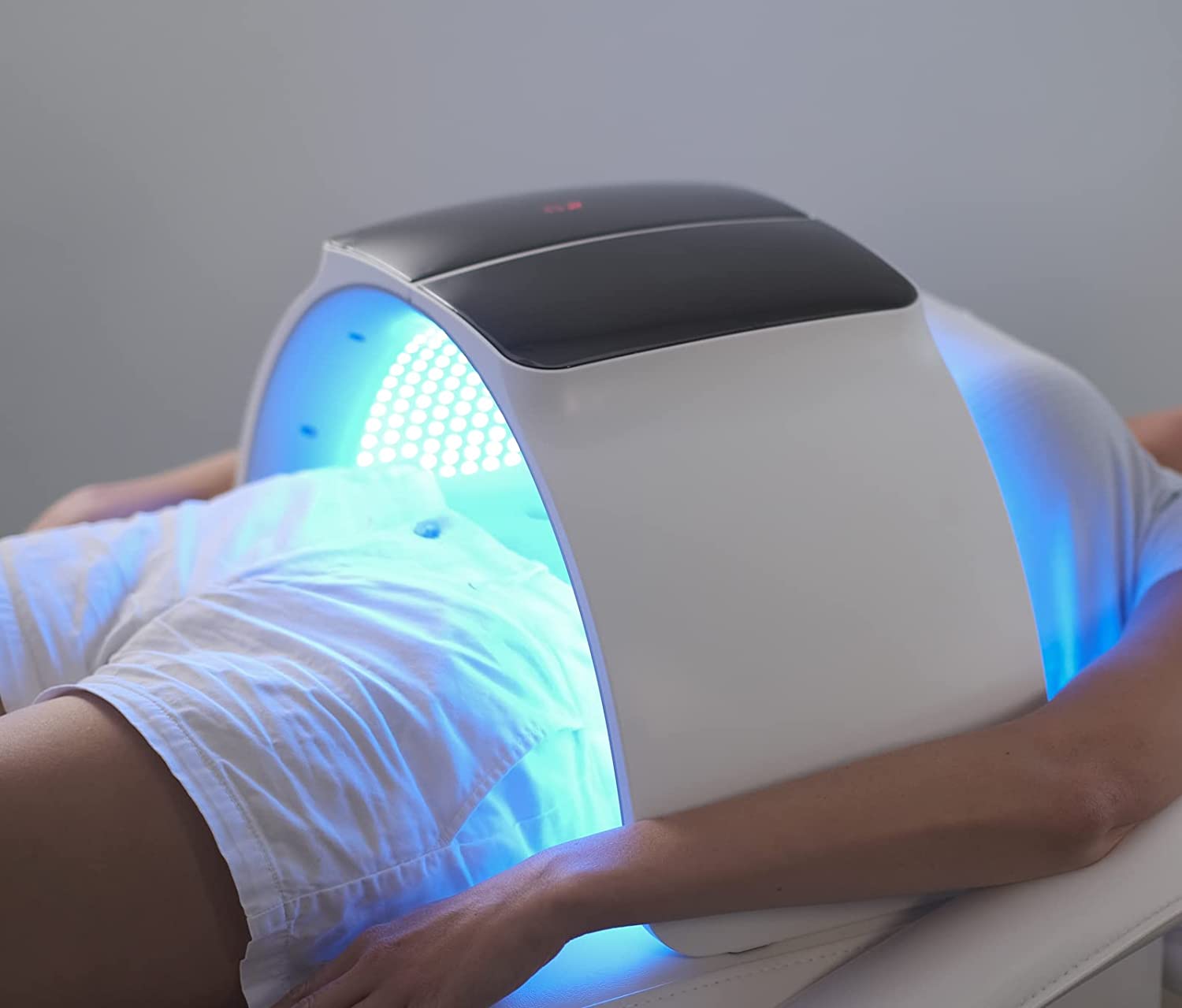The Science Behind Healing: How Red Light Wavelengths Promote Cellular Regeneration
Body
In recent years, the concept of healing red light wavelength precision has gained significant attention in the medical and wellness communities. But what exactly does this mean? This article delves into the science behind red light therapy, exploring how specific wavelengths can enhance cellular regeneration and promote overall health.

Understanding Red Light Therapy
Red light therapy (RLT) utilizes specific wavelengths of light, typically between 600 to 650 nanometers, to penetrate the skin and stimulate cellular processes. This therapy is non-invasive and has been shown to aid in various conditions, including skin rejuvenation, wound healing, and pain relief. The healing red light wavelength precision is crucial, as different wavelengths can elicit different biological responses.
How Does Red Light Promote Cellular Regeneration?
The mechanism behind red light therapy involves the stimulation of mitochondria, the powerhouse of the cell. When exposed to red light, mitochondria produce more adenosine triphosphate (ATP), which is essential for energy transfer within cells. Increased ATP production can lead to:
- Enhanced tissue repair
- Reduced inflammation
- Improved circulation
- Accelerated healing processes
These benefits highlight the importance of healing red light wavelength precision in achieving optimal therapeutic outcomes. By targeting specific wavelengths, practitioners can tailor treatments to meet individual patient needs.
Applications of Red Light Therapy
Red light therapy has a wide range of applications, including:
- Skin Health: RLT can improve skin tone, reduce wrinkles, and promote collagen production.
- Pain Management: It has been effective in alleviating chronic pain conditions, such as arthritis and fibromyalgia.
- Muscle Recovery: Athletes often use RLT to speed up recovery after intense workouts.
- Wound Healing: RLT can accelerate the healing of cuts, burns, and other injuries.
As research continues to evolve, the potential applications of healing red light wavelength precision are expanding, making it a promising area of study in regenerative medicine.
Choosing the Right Red Light Therapy Device
When considering red light therapy, it is essential to choose a device that offers the correct wavelength and intensity. Devices like the  are designed to deliver precise wavelengths for maximum therapeutic benefit. Always consult with a healthcare professional to determine the best approach for your specific needs.
are designed to deliver precise wavelengths for maximum therapeutic benefit. Always consult with a healthcare professional to determine the best approach for your specific needs.
Conclusion
In summary, the science behind healing red light wavelength precision reveals its potential to promote cellular regeneration and enhance overall health. As more individuals seek alternative therapies, understanding the mechanisms and applications of red light therapy becomes increasingly important. By harnessing the power of specific wavelengths, we can unlock new pathways to healing and wellness.










Comments